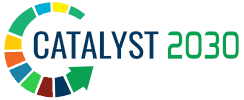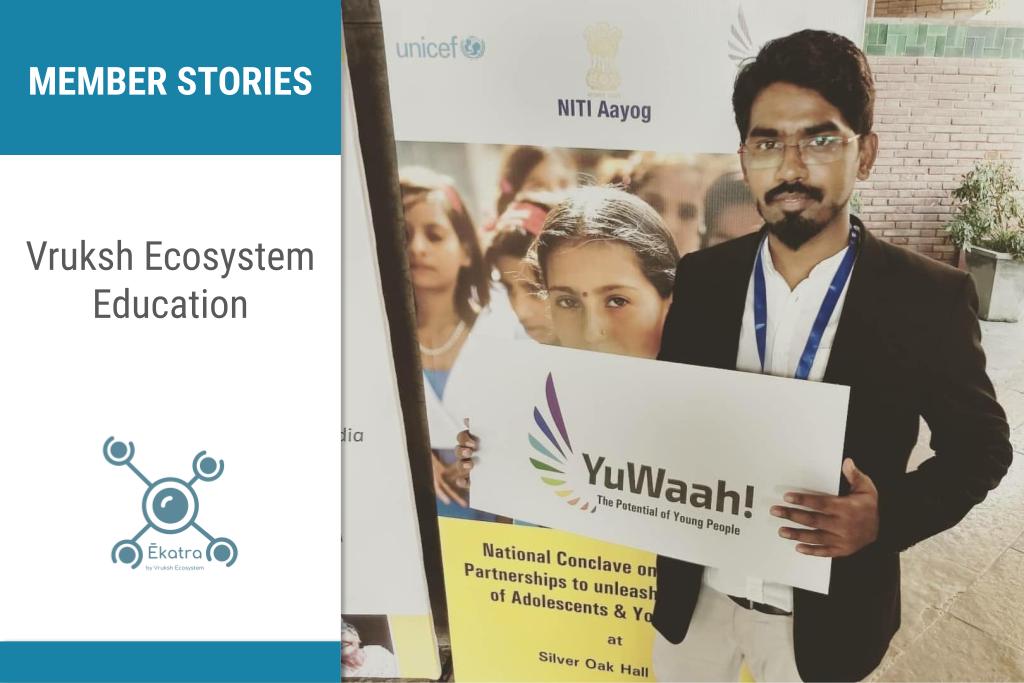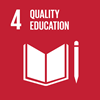
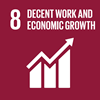
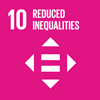
Over the past 18 months, the India-based Vruksh Ecosystem Foundation has worked directly with almost 5 000 students to provide them with the skills they need to become entrepreneurs.
From December 2019 to March 2020 the programme was running offline and we had no huge challenges. Then, when the pandemic hit, we understood the REAL challenges faced by the students who were learning with us.
When I spoke to the students they mentioned a few things that shook me:
- I want to learn but I won’t be able to as my data pack expires tomorrow and I don’t have money.
- My parents give me the phone only late in the night when they come back from the farm.
- Only my brother gets to use the smartphone, I don’t. I can only access my mother’s phone which is a basic phone (said by a girl).
This motivated me to find solutions to provide access to these students. When we moved from video to WhatsApp, we saw a 50% increase, but it wasn’t enough. Then we started using SMS and audio which helped us to reach over 80% of these students.
Social entrepreneurs are known for finding solutions for society’s problems. What is the problem that you are addressing, and what is your solution?
There is a huge digital divide in urban and rural schools. In a recent survey in India, over 75% of students said their education is impacted by the lockdown as they found it hard to study online. Over 80% of students said they need hand holding to shift from offline to online and over 25% said they need proper training to pursue their education online.
This is still a dream for the majority of students in India. Most of the parents in India cannot afford OTT platforms (media access via the internet) for their wards to study. Until now, most ed-tech products catered to Tier 1 cities and children from the high-income segment, ignoring the majority of students who come from Tier 2 and 3 cities and rural areas.
Having said that, we have seen tremendous growth in engagements upon moving from traditional learning management systems. We saw an increase of 15 times as many students who joined when the means of tuition was switched from Zoom to phone. When we switched from WhatsApp to SMS, we got 30% more responders and 20 times more students reached out with queries on phone and SMS.
What do you see as the benefit of your Catalyst 2030 membership?
We are partnering with innovative organisations, schools, and non-profits to have a wide reach. Millions of learners can be reached with a few partners, and the mechanisms that allow for signup make distributing content easy. We see C2030 members using this solution going forward.
